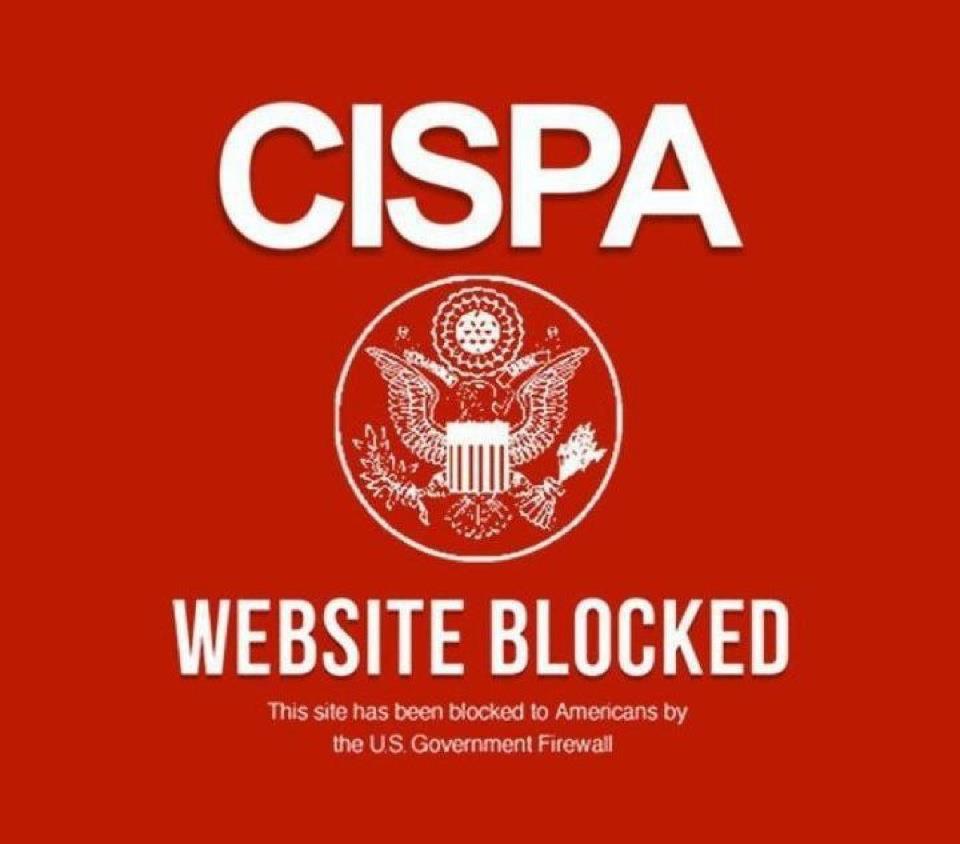The controversial CISPA (Cyber Information Sharing and Protection Act) has been passed by the US House of Representatives.
CISPA is designed to help combat cyberthreats by making it easier for law enforcers to get at web data.
This is the second time CISPA has been passed by the House. Senators threw out the first draft, saying it did not do enough to protect privacy.
CISPA could fail again in the Senate after threats from President Obama to veto it over privacy concerns.
A substantial majority of politicians in the House backed the bill.

The law is passing through the US legislative system as American federal agencies warn that malicious hackers, motivated by money or acting on behalf of foreign governments, such as China, are one of the biggest threats facing the nation.
“If you want to take a shot across China’s bow, this is the answer,” said Mike Rogers, the Republican politician who co-wrote CISPA and chairs the House Intelligence Committee.
CISPA has also secured the backing of several technology firms, including the CTIA wireless industry group, as well as the TechNet computer industry lobby group, which has Google, Apple and Yahoo as members. By contrast, the social news website Reddit has been vocal in its opposition to the bill. In March, Facebook said it no longer supported CISPA.
The bill could fail again in the Senate after the Obama administration’s threat to use its veto unless changes were made. The White House wants amendments so more is done to ensure the minimum amount of data is handed over in investigations.
The American Civil Liberties Union has also opposed CISPA, saying the bill was “fatally flawed”. The Electronic Frontier Foundation, Reporters Without Borders and the American Library Association have all voiced similar worries.
CISPA’s authors say existing amendments have addressed many of the criticisms and more oversight was being given to data before it was handed over.
[youtube iaNgddLyiA0]
